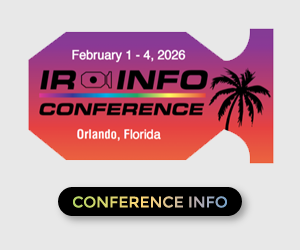Rules of Construction: Special Conditions of the Subcontract
Sponsored by:

Rules of Construction: Special Conditions of the Subcontract
Tip provided by:
4 Munn Avenue
Cherry Hill, New Jersey 08034
(856) 857-1500
www.rjilaw.com
Otherwise bright men and women sign one-sided contracts, called contracts of adhesion, every day. If you sign a contract of adhesion as a consumer, the law will be on your side if you try to get clear. As a business owner, not so much. This is the kind of problem that comes up over and over. Maybe it’s time for you to experiment with a different approach.
Try this: have special conditions to your subcontract drawn up – a page or so that addresses the things you won’t swallow under any circumstances – and send it back to the prime contractor every time before you sign anything. If you want the edge, use your own preprinted form for this. Present it as your company’s standard form which never changes. Don’t sign any subcontract before the prime contractor signs your special conditions.
Your special conditions – you can call them supplemental conditions if you want – should be designed to operate as the last word on the subcontract documents before any signed change order. Drafted correctly, special conditions may – once signed by all parties – relieve you of some of the unacceptable subcontract terms presented to you by a prime contractor. If you had a lawyer involved every time, your lawyer would sit with you and discuss revising the subcontract terms as presented, and you could send back a marked-up counterproposal or walk away. That would be the best way to approach things. Sending back blanket special conditions for the prime to consider is a distinct second best, but it’s bound to be better than what you’re doing now.
Mid-level employees in a big outfit are likely to run away if you come back at them with a marked-up subcontract, because nobody wants to stick their neck out and depart from the company’s pre-approved form. Neither does anyone feel incentivized or equipped to negotiate all terms of a legal contract. All they want to talk about is scope, time and price. However, if they need you, especially under deadline, a prime contractor’s representatives who would never countersign a messy marked-up version of their own agreement just might accept preprinted “standard form” special conditions.
This Tip of the Week is condensed from the current article on the author’s website, RJILAW.com. It is not intended to constitute legal advice. Always consult a lawyer before signing a legal document.
Bob Incollingo is an attorney in private practice in New Jersey, and a regular speaker at Infraspection Institute’s IR/INFO Conference. He has been widely recognized since before the turn of the century as the world’s leading authority on thermography law, which he contends does not exist.
Advertisement

